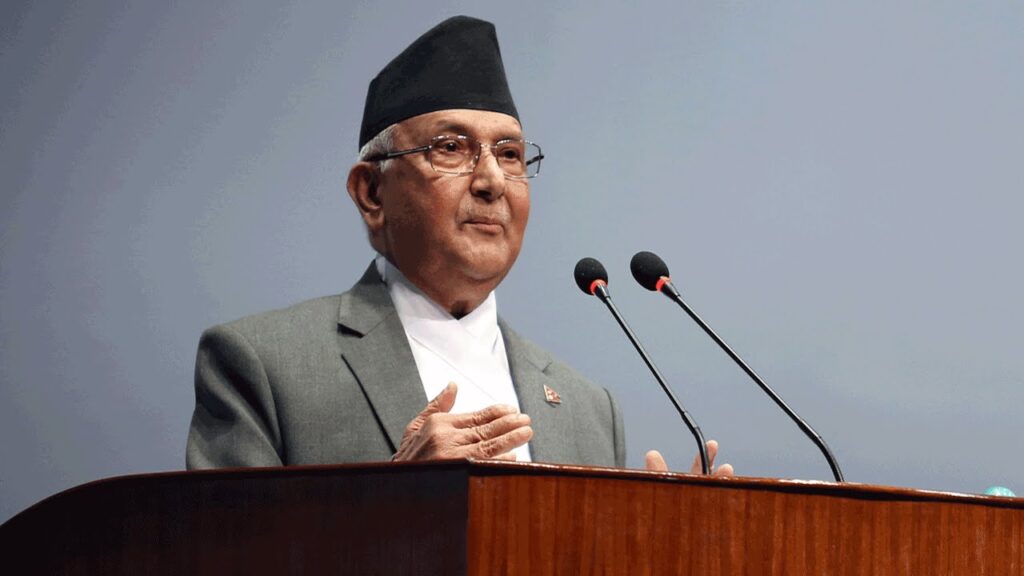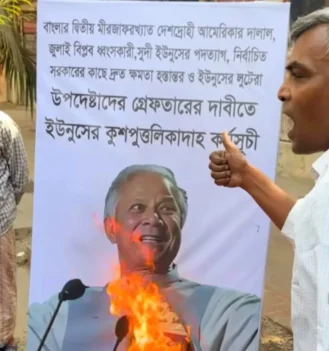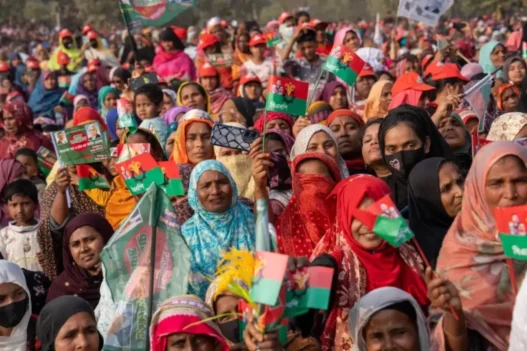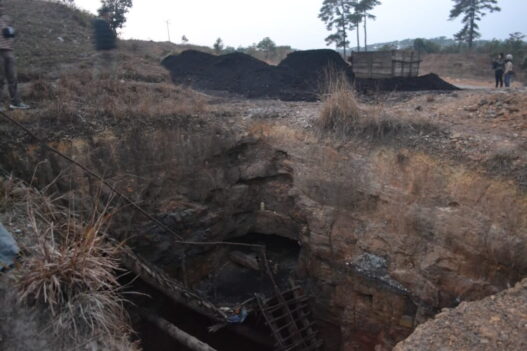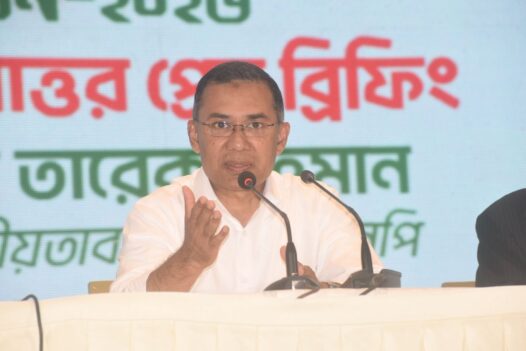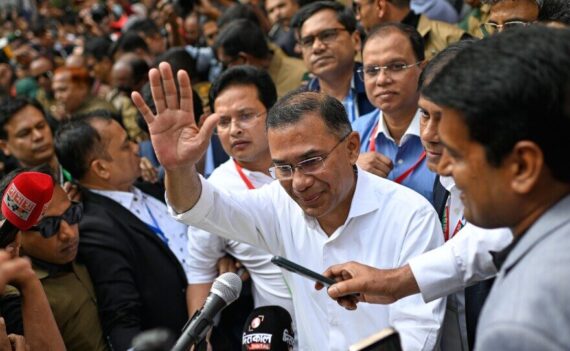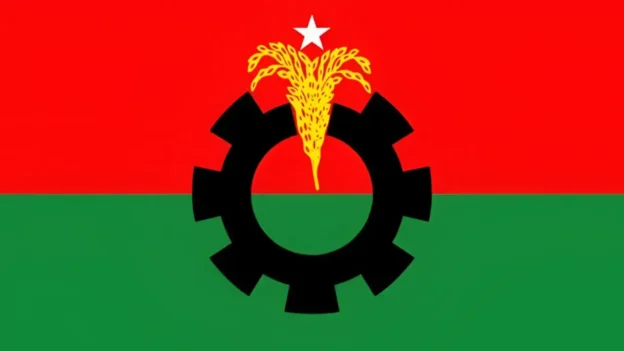As K P Sharma Oli takes the helm as Nepal’s Prime Minister, the political winds are shifting, not just within Nepal, but across the broader South Asian region. Oli’s ascent marks a critical juncture that India cannot afford to overlook, especially given the complex historical and geopolitical undercurrents that accompany his leadership.
First elected as prime minister in 2015, Oli was reelected in 2018 with a rare majority government, marking a significant period in Nepal’s often turbulent political landscape. His political journey is rooted in his leadership within the Communist Party of Nepal (Unified Marxist–Leninist), where he has been a prominent figure advocating for national sovereignty and economic development. Oli’s leadership style and political strategies have often reflected a blend of pragmatic governance and strong nationalist sentiments, particularly in his handling of Nepal’s foreign relations with neighbouring countries, India and China.
Oli, 72, succeeds Pushpa Kamal Dahal ‘Prachanda,’ who lost the vote of confidence in the House of Representatives on Friday. His reappointment comes at a critical juncture, as Nepal continues to navigate complex political and economic challenges. Oli’s tenure has been marked by his attempts to assert Nepal’s autonomy on the international stage, fostering closer ties with China while managing a historically intricate relationship with India. His return to power is seen as both a continuation of his previous policies and an opportunity to address unresolved issues within the country’s governance and development agenda.
A historical perspective
Oli’s political narrative is deeply entwined with Nepal’s tumultuous history and its intricate dance with neighbouring giants, India and China. His previous tenure (2015-2016) was marred by strained relations with India, particularly during the economic blockade which Oli attributed to Indian interference. This period witnessed a significant downturn in India-Nepal relations, characterised by mutual distrust and heightened nationalism particularly in Nepal.
The blockade, which resulted from Nepal’s dissatisfaction with India’s stance on the new Nepali constitution, had severe economic repercussions and fuelled anti-India sentiments. Oli’s rhetoric during this period positioned him as a staunch defender of Nepali sovereignty, often at the expense of diplomatic warmth with India.
The Chinese factor
Oli’s pro-China stance is well-documented and has significant implications for the regional power balance. His government signed several agreements with China under the Belt and Road Initiative (BRI), reflecting a strategic pivot towards Beijing. These agreements include critical infrastructure projects that enhance Nepal’s connectivity with China, thereby reducing its traditional dependence on India.
China’s engagement in Nepal is part of its broader strategy to expand its influence in South Asia, and Oli’s leadership aligns well with Beijing’s regional ambitions. For India, this is a concerning development as it risks diminishing its strategic leverage in Nepal. The construction of road and rail links under the BRI, aimed at boosting Nepal’s trade with China, could potentially sideline India’s traditional trade routes and economic influence.
Implications for India
Oli’s return to power necessitates a recalibrated approach from India. While it is tempting to view his leadership through the lens of past conflicts, it is crucial for India to adopt a forward-looking strategy that acknowledges the changing dynamics. The stakes are high: maintaining a robust relationship with Nepal is essential for India’s security, economic interests, and regional stability.
India must navigate this diplomatic tightrope with finesse. Engaging with Nepal on mutually beneficial economic projects, emphasising people-to-people ties, and addressing Kathmandu’s sovereignty concerns can pave the way for improved relations. India’s support in sectors such as healthcare, education, and disaster management can further solidify this partnership.
Moreover, India must recognise and respect Nepal’s desire for diversified diplomatic relations. By constructively engaging with Nepal’s pro-China stance, India can work towards a more balanced trilateral relationship. This could involve trilateral dialogues or joint initiatives that bring together India, Nepal, and China on common issues such as climate change, trade, and regional security.
The path forward
In this intricate geopolitical chess game, India must act with both caution and creativity. Strengthening cultural and historical ties, promoting economic cooperation, and engaging in sincere diplomatic dialogues will be key to maintaining influence in Nepal.
Oli’s tenure presents an opportunity for India to reflect on its past policies and adopt a more inclusive and respectful approach towards its neighbours. The success of this strategy will hinge on India’s ability to balance its own interests with Nepal’s aspirations for sovereignty and diversified partnerships.
As Oli embarks on his term, the eyes of South Asia—and indeed the world—will be on how Nepal navigates its path amidst the competing influences of its powerful neighbours. For India, this is a moment of both challenge and opportunity, one that requires astute diplomacy and a commitment to fostering a stable and cooperative regional environment.
In the end, the true test will be whether India can transcend historical grievances and forge a new chapter of friendship and cooperation with Nepal, recognising that in this interconnected age, the prosperity and stability of one are inextricably linked to that of the other.

